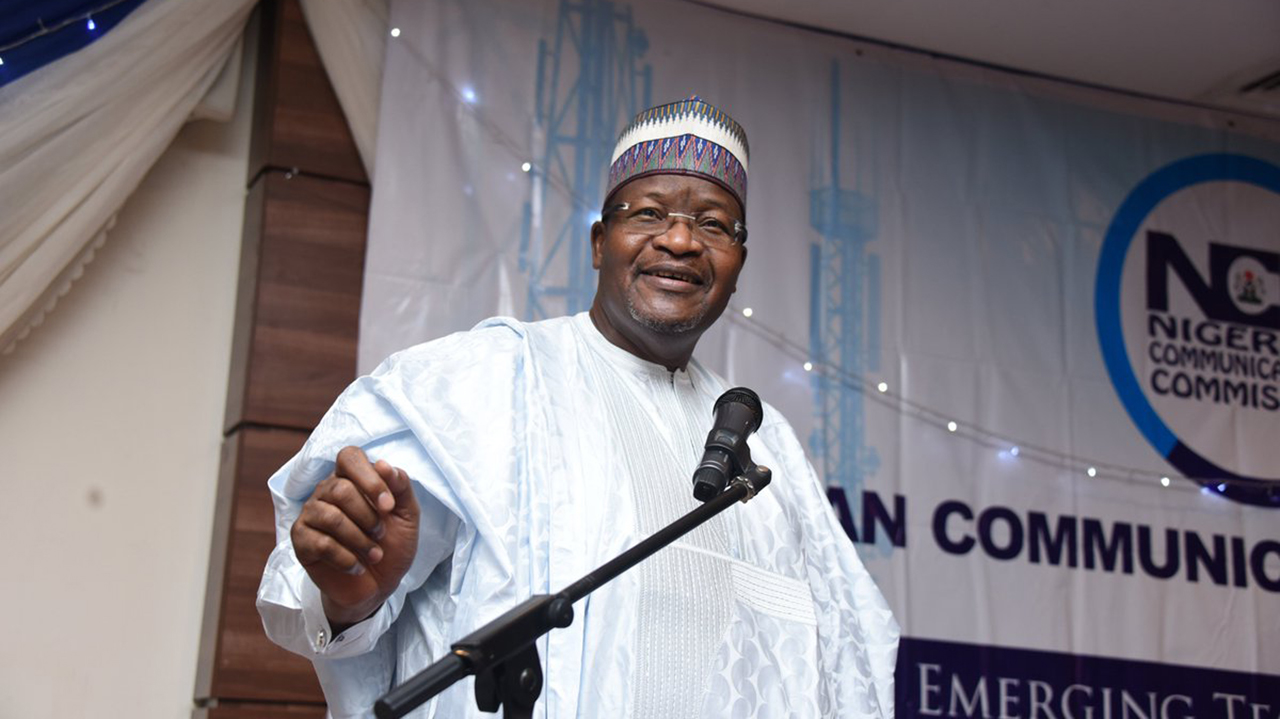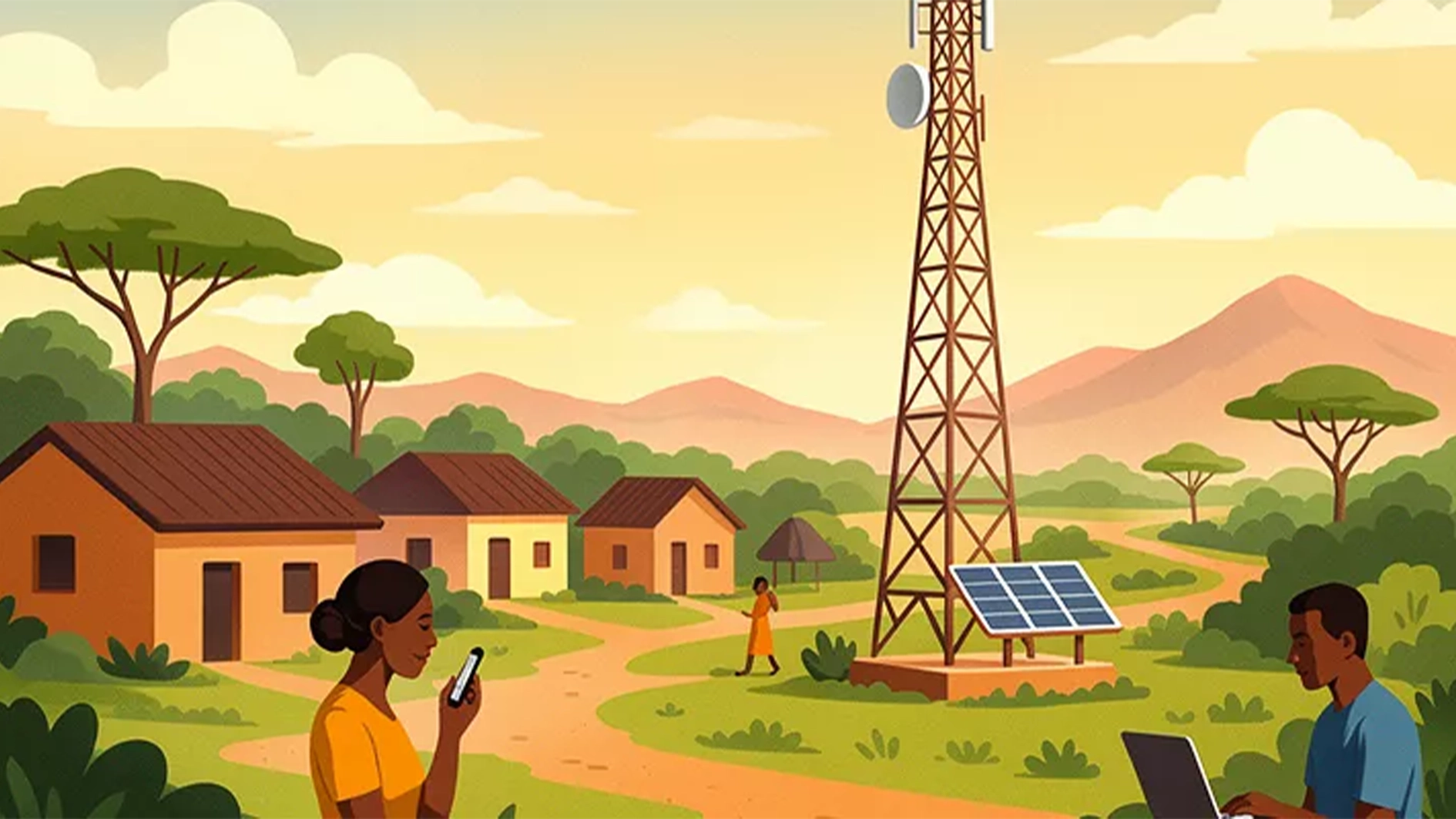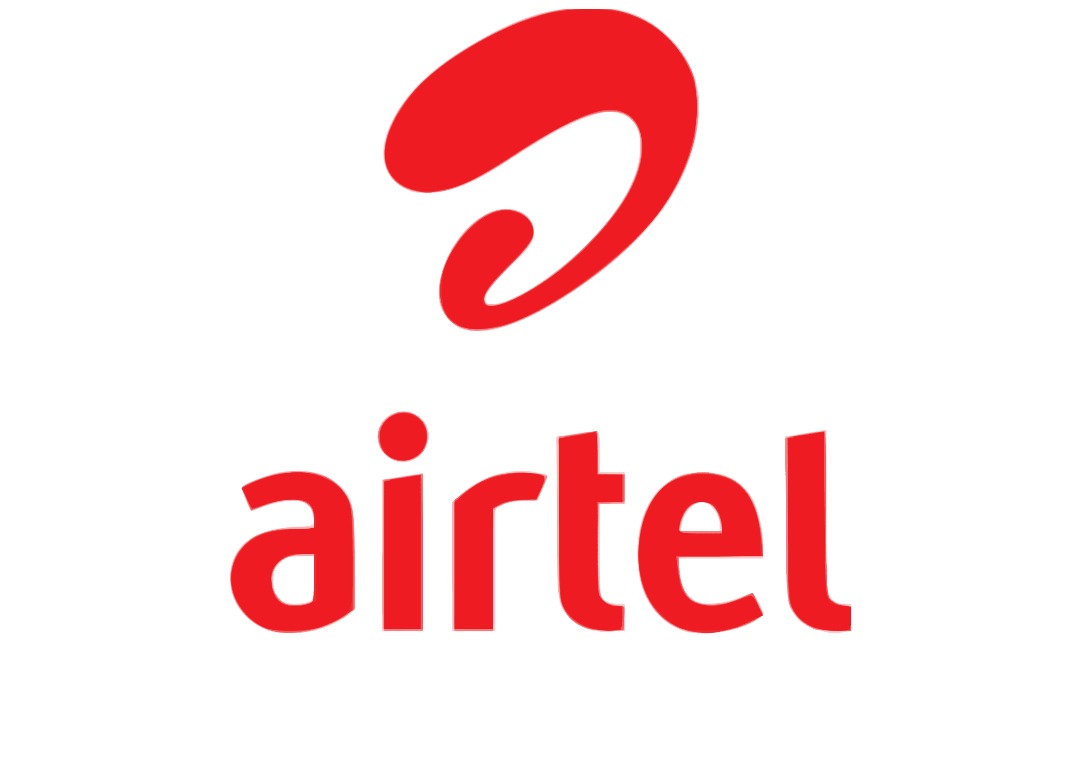
For the larger part of 2021, statistics showed that penetration dropped considerably, with about 3.9 per cent rate.
This is despite the ongoing implementation of the country’s new National Broadband Plan (2020-2025), whose target is to achieve 90 per cent penetration rate in terms of population and a 70 per cent reach in terms of the country’s total landmass by 2025.
Specifically, between November 2021 and January 2022, the network added 3.2 million new users to the network, which pushed the subscription to 79.4 million as of January’s ending.
Statistics from the Nigerian Communications Commission (NCC) showed an increase in subscriptions and also brought the broadband penetration in the country to 41.61 per cent from 39.89 per cent recorded in October 202
From a peak point of 45.93 per cent in October 2020, broadband penetration in Nigeria slipped to 39.79 per cent in July 2021. The decline, which started before the ban on new SIM registration in December 2020, was worsened by the policy as the operators lost many broadband customers during the four-month ban.
Between November 2020 and October 2021, the service providers had lost a total of 9.9 million broadband subscriptions. The database further increased by 1.7 million in December 2021 to hit 78 million.
According to the NCC report, in January 2022, 1.4 million new broadband subscriptions were recorded, which brought the database to 79.4 million. Before the ban on new SIM in 2020, the country had been recording a one per cent increase each month, as the mobile network operators continued to push for the deployment of 4G service across the country.
Speaking on the implementation of the NNBP 2020-2025, the Minister of Communications and Digital Economy, Dr. Isa Pantami, had said that broadband penetration was key to reviving the Nigerian economy.
Citing reports from the World Bank and the World Economic Forum, the Minister said 10 per cent of broadband penetration in any country would improve its GDP by at least 4.6 per cent.
The Minister noted that the NBP addresses three of the eight priorities that the Federal Government assigned to the Federal Ministry of Communications and Digital Economy, and the parastatals under its purview, for implementation.
“These priorities are the implementation of broadband connectivity and execution of a plan to deploy 4G across the country, as well as the development and implementation of a digital economy policy and strategy,” he stated.
The implementation of the Plan, he said, would lead to the creation of jobs, improved socioeconomic development, and sustained economic growth, among others. “However, it is important to note that the successful implementation of the Plan requires synergy between government and the private sector.
As such, this plan has received input from all stakeholders and will be driven by the private sector, with the government providing the enabling environment,” he said.
“Digital technology offers Nigeria the opportunity to grow and diversify its economy from the overdependence on oil & gas export proceeds.”
Citing the importance of the NNBP 2020-2025 in achieving the Federal Government’s vision of the digital economy, Danbatta said the Commission is willing to partner with state governments and other relevant institutions to ensure universal access and universal services. The NCC EVC stated this in Bayelsa State recently.
Danbatta stated that the implementation of the NNBP is essentially driven by NCC. He promised that NCC will ensure that infrastructure gaps in the telecommunications sector are bridged to accomplish the Government’s vision in the context of the National Digital Economy Policy and Strategy 2020-30.
Explicating further, Danbatta stated that, to accelerate broadband infrastructure deployment in the South-South geo-political zone where Bayelsa State is situated, the NCC had licensed Messrs Raeaana Limited, as one of the seven licensed Infrastructure Companies (InfraCos), authorised to cascade fibre to deepen the penetration of broadband services in all nooks and crannies of the country.
“The InfraCo licensees have been given timelines to work in their respective zones of deployment to cascade fibre infrastructure to the rural communities, covering the 774 Local Government Areas (LGAs) to enhance robust telecom service provisioning in the country”, the EVC stated.
Meanwhile, Danbatta has urged the Bayelsa State Government to revisit the Right of Way (RoW) charges imposed by the State and other issues capable of encumbering faster deployment of infrastructure in the State. “This will boost digital infrastructure rollout in towns and communities in Bayelsa State and environs for effective economic diversification. The digital economy rides on broadband and ICT infrastructure and one of the factors inhibiting access to telecommunication infrastructure is RoW administration by States and other state actors” he said.
Nigeria’s broadband penetration on recovery path

Prof Danbatta, EVC NCC. Photo: TWITTER/NGCOMCOMMISSION
Prof Danbatta, EVC NCC. Photo: TWITTER/NGCOMCOMMISSION





